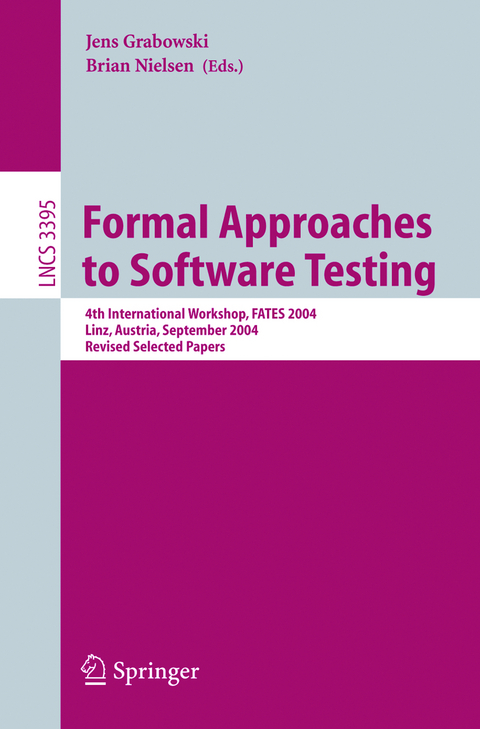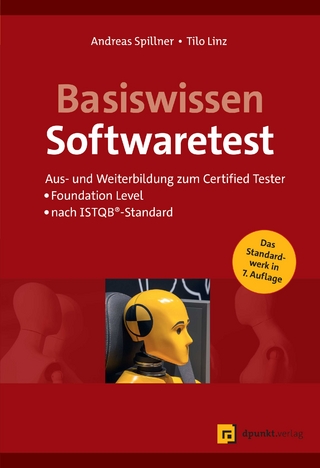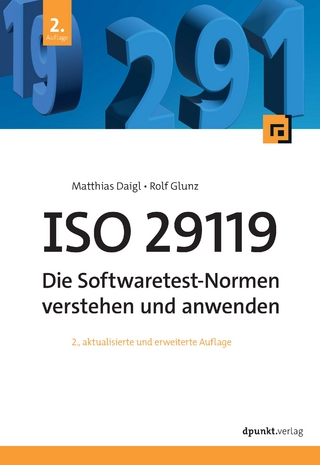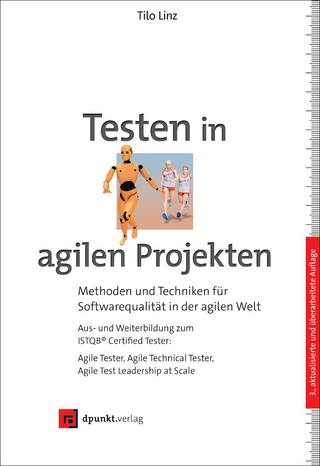
Formal Approaches to Software Testing
Springer Berlin (Verlag)
978-3-540-25109-5 (ISBN)
Symbolic Test Generation.- Test Generation Based on Symbolic Specifications.- Symbolic Test Case Generation for Primitive Recursive Functions.- Preserving Contexts for Soft Conformance Relation.- Testing Non-functional Properties.- Testing of Symbolic-Probabilistic Systems.- A Test Generation Framework for quiescent Real-Time Systems.- Online Testing of Real-time Systems Using Uppaal.- Testing Deadlock-Freeness in Real-Time Systems: A Formal Approach.- Test Development with Model Checking Techniques.- Using Model Checking for Reducing the Cost of Test Generation.- Specifying and Generating Test Cases Using Observer Automata.- Semi-formal Development of a Fault-Tolerant Leader Election Protocol in Erlang.- An Automata-Theoretic Approach for Model-Checking Systems with Unspecified Components.- Test Optimization.- Test Patterns with TTCN-3.- High-Level Restructuring of TTCN-3 Test Data.- Ordering Mutants to Minimise Test Effort in Mutation Testing.- Testing COM Components Using Software Fault Injection and Mutation Analysis, and Its Empirical Study.
| Erscheint lt. Verlag | 7.3.2005 |
|---|---|
| Reihe/Serie | Lecture Notes in Computer Science | Programming and Software Engineering |
| Zusatzinfo | X, 228 p. |
| Verlagsort | Berlin |
| Sprache | englisch |
| Maße | 155 x 235 mm |
| Gewicht | 349 g |
| Themenwelt | Informatik ► Software Entwicklung ► Qualität / Testen |
| Schlagworte | Abstract State Machines • Automata • Correctness proofs • Correct Systems Design • finite state machines • formal methods • formal testing • Model Checking • Optimization • Software Testing • Systems Analysis • testing technologies • testing tools • UML |
| ISBN-10 | 3-540-25109-X / 354025109X |
| ISBN-13 | 978-3-540-25109-5 / 9783540251095 |
| Zustand | Neuware |
| Haben Sie eine Frage zum Produkt? |
aus dem Bereich


